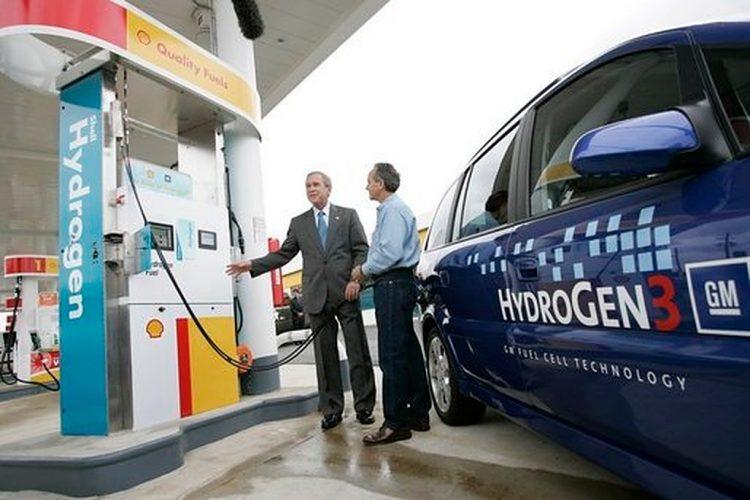Hydrogen vs. Battery: The Electric Car Is Dead. Long Live The Electric Car!

Electric vehicle doyen Elon Musk once dismissed fuel cells as “fool cells.” While many of us are still coming to grips with electric cars, some experts think hydrogen is the next big fuel. These cars are often described as hydrogen fuel cell vehicles, meaning they use a fuel cell as opposed to a battery. In fact, EVs may just be the transition from fossil fuel to fuel cell electric vehicles (FCEVs) powered with hydrogen.
As Gregory Guillaume, Kia?s Vice President of Design, said: “My personal opinion, battery-powered electric vehicles can only be a transition (to) hydrogen.” Let?s look at the pros and cons of each.
Charging/Fueling
Pros: FCEVs convert hydrogen ? or other fuel – to electricity. This is the difference between EVs and hydrogen cars. Fueling a hydrogen car is just like buying regular gasoline and takes only 3 to 5 minutes. For a time-starved population, it makes more sense practically. Cons: You charge EVs directly with electricity. It takes an hour, at least, to supercharge an EV and from 14.5 to 48 hours using a standard household outlet. This is too long for most people. Although the infrastructure is growing, not everyone lives in a location where public charging stations are available.
There are 41 public hydrogen refueling stations in California with the goal of 200 stations by 2025. In 2018, 25 FCEV buses were operating in California, versus only seven in other states. There is one public hydrogen refueling station each in C...
| -------------------------------- |
|
|


